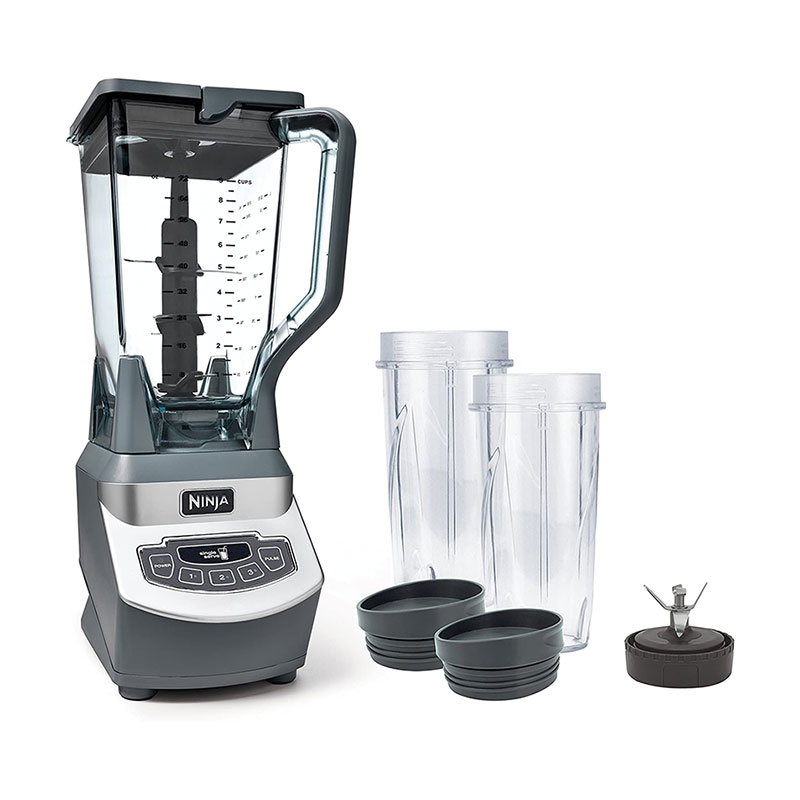Household Mixer vs. Hand Mixer: A Comparison of Versatility and Efficiency
2024-06-20
Choosing between a household mixer and a hand mixer can be a pivotal decision for home bakers and cooking enthusiasts. Both appliances offer unique benefits, but how do they compare in terms of versatility and efficiency? Let's delve into the key differences to help you make an informed choice.
1. Power and Performance
Household Mixer:
Household mixers, particularly stand mixers, are equipped with powerful motors ranging from 250 to 500 watts or more. This high power enables them to handle a wide range of tasks, from mixing light batters to kneading dense doughs. Their robust construction allows for continuous, heavy-duty use without overheating.
Hand Mixer:
Hand mixers generally have motors ranging from 100 to 250 watts. While sufficient for most light to medium tasks, such as whipping cream or mixing cake batter, they may struggle with heavier doughs. Hand mixers are better suited for shorter, less intensive mixing jobs.
Verdict:
Household mixers win in terms of power and performance, making them more suitable for demanding tasks and larger batches.
2. Versatility
Household Mixer:
Household mixers are highly versatile due to the variety of attachments available. Standard attachments like flat beaters, dough hooks, and wire whisks cover basic mixing needs. Additionally, many stand mixers can be equipped with optional attachments such as pasta rollers, meat grinders, vegetable spiralizers, and more, transforming them into multi-functional kitchen appliances.
Hand Mixer:
Hand mixers are limited in their attachment options, typically offering only basic beaters and sometimes dough hooks. Their versatility is confined to mixing and whipping tasks, making them less adaptable for more specialized culinary tasks.
Verdict:
Household mixers offer greater versatility with a wide array of attachments that expand their functionality.
3. Efficiency and Ease of Use
Household Mixer:
Household mixers, especially stand mixers, are designed for hands-free operation. You can set them to mix while you focus on other tasks, making them highly efficient for multitasking. The stable base and powerful motor ensure consistent mixing results. However, their larger size and heavier weight can make them less convenient for quick, small jobs.
Hand Mixer:
Hand mixers are lightweight, portable, and easy to maneuver, making them ideal for quick mixing tasks. They are easy to store and require less counter space. However, since they need to be held during use, they can be less efficient for lengthy or heavy mixing jobs.
Verdict:
Hand mixers are more convenient for quick, small tasks, while household mixers excel in efficiency for more extensive mixing needs and multitasking.
4. Cleaning and Maintenance
Household Mixer:
Cleaning a household mixer can be more involved due to its larger size and multiple parts. However, many components, like the mixing bowl and attachments, are dishwasher-safe, simplifying the cleaning process. Regular maintenance is required to keep the motor and moving parts in good condition.
Hand Mixer:
Hand mixers are generally easier to clean due to their smaller size and fewer parts. The beaters can typically be detached and washed separately, and the main body can be wiped down easily. Maintenance is minimal, focusing mainly on keeping the beaters clean and the motor dust-free.
Verdict:
Hand mixers are easier to clean and maintain, making them convenient for everyday use.
5. Price and Investment
Household Mixer:
Household mixers, particularly high-end stand mixers, can be a significant investment. Prices range from $200 to $500 or more, depending on the brand and features. However, their durability and multi-functionality can justify the higher cost for avid bakers and serious home cooks.
Hand Mixer:
Hand mixers are more affordable, with prices typically ranging from $20 to $100. They are a budget-friendly option for those who need a reliable mixer for occasional use or lighter tasks.
Verdict:
Hand mixers are more budget-friendly, while household mixers represent a worthwhile investment for more extensive culinary needs.
Conclusion
Both household mixers and hand mixers have their place in the kitchen, each offering distinct advantages. Household mixers are unmatched in power, versatility, and efficiency, making them ideal for serious cooking and baking enthusiasts. On the other hand, hand mixers offer convenience, affordability, and ease of use for quick, everyday tasks. Understanding your specific needs and cooking habits will help you decide which mixer is the best fit for your kitchen.


